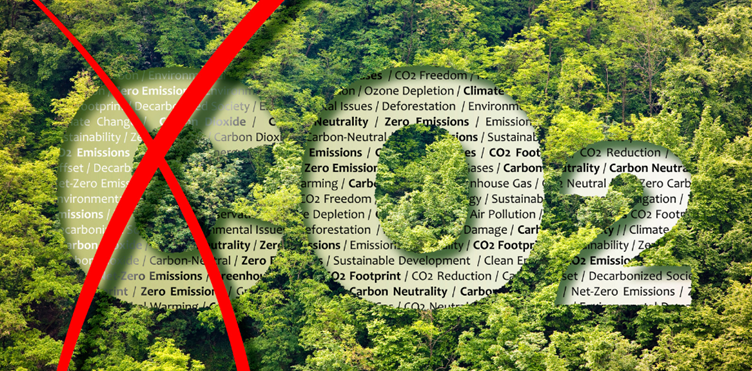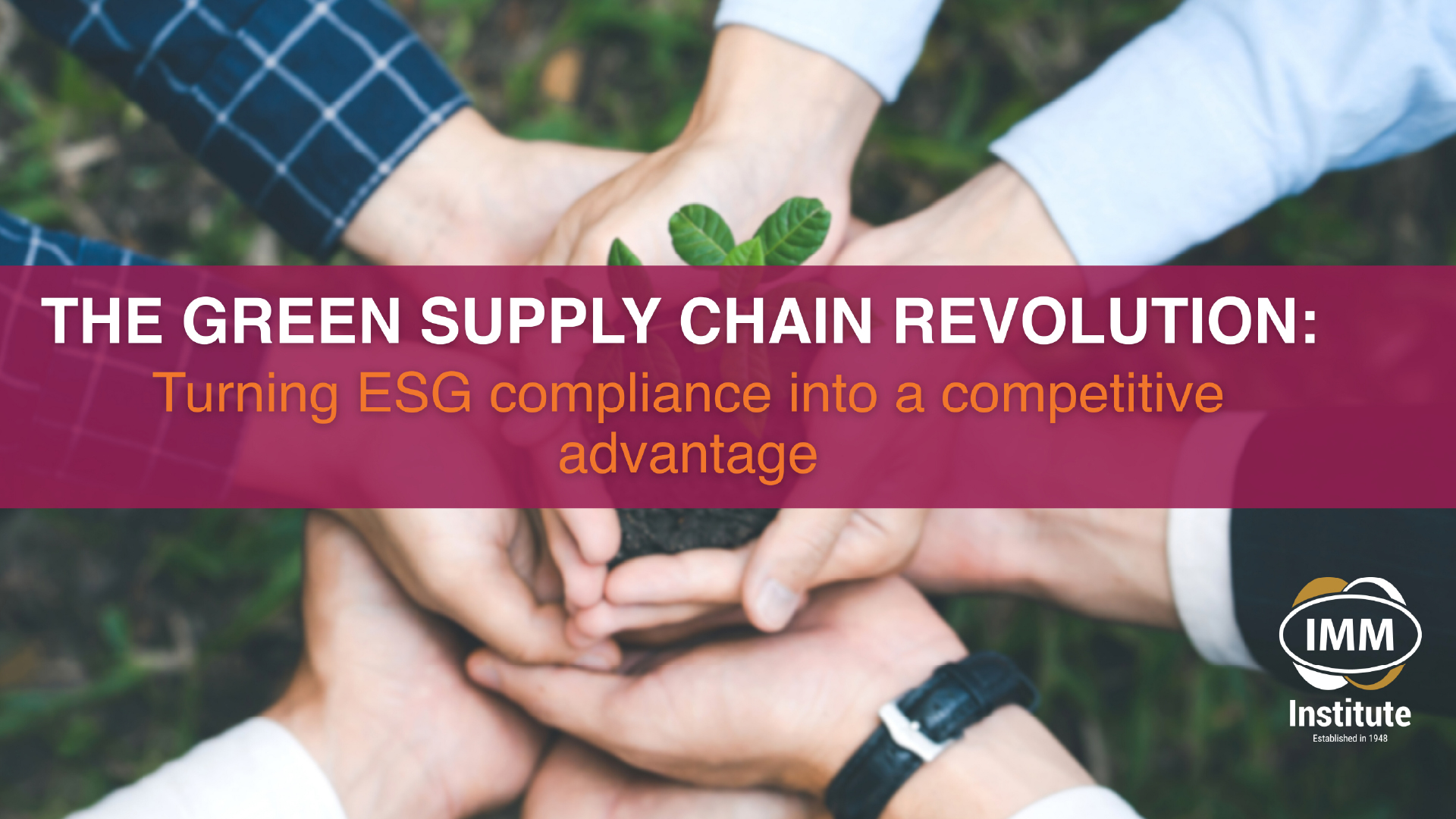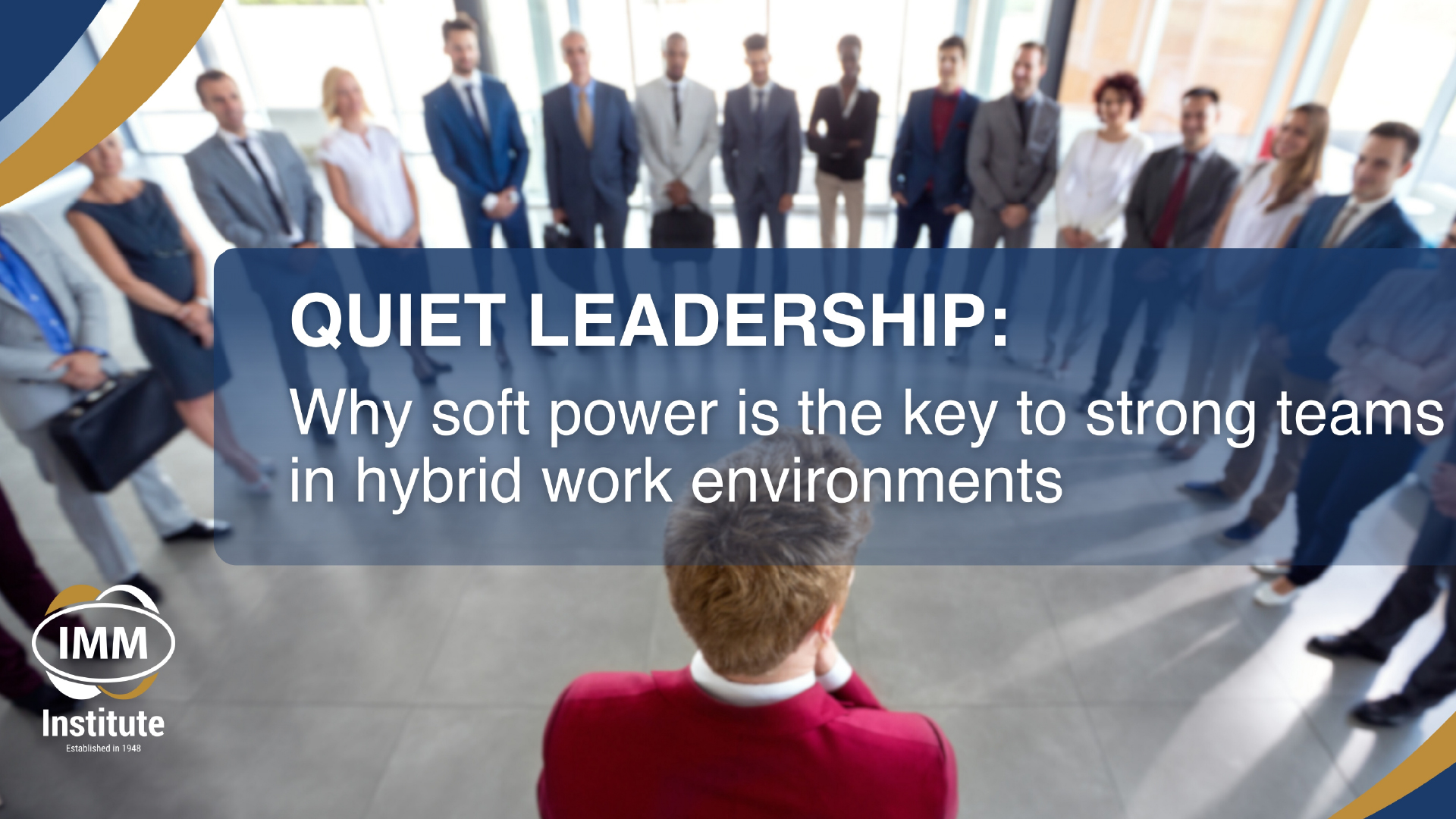The Rise of NetZero and Environmental Responsibility
As industries grapple with the escalating impact of climate change, there has been a discernible shift toward acknowledging the role they play in contributing to environmental challenges. The concept of NetZero has emerged as a beacon of hope, challenging businesses to re-evaluate their operations and embrace sustainable practices. This commitment goes beyond mere rhetoric, signifying a genuine dedication to reducing carbon emissions and adopting eco-friendly initiatives.
The United Nations’ Sustainable Development Goals
According to a report by the United Nations, gas emissions are up by more than 50% since 1990. Goal 13, “Climate Action”, calls all to mitigate the risks associated with Global Warming. In detail the goal is to limit the increase in global mean temperature to two degrees Celsius above pre-industrial levels. This means aiming at a 1.5°C increase limit. This is feasible, through determined political commitment, greater funding, and utilising current technology. However, achieving this demands immediate and ambitious collaborative efforts. This is the basis of the NetZero goals.
Sustainable Practices Taking Centre Stage
One of the key elements of NetZero initiatives is the adoption of sustainable practices throughout the entire supply chain. Companies are now exploring innovative solutions to minimise waste, optimise energy consumption, and incorporate eco-friendly materials into their production processes. These sustainable practices not only reduce the environmental impact but also resonate positively with an increasingly eco-conscious consumer base.
The Broader Implications of NetZero Commitments
NetZero commitments extend beyond individual businesses; they contribute to a collective effort to combat climate change. The ripple effect of industries adopting sustainable practices and reducing their carbon footprint is substantial. It sets a precedent for responsible corporate citizenship, inspiring other sectors to follow suit while fostering a culture of environmental accountability.

Challenges and Opportunities
While the NetZero movement is gaining traction, it is not without its challenges. Implementing sustainable practices requires a significant shift in mindset, operations, and sometimes, financial investment. However, these challenges present opportunities for innovation and differentiation. Companies that embrace environmental responsibility are not only meeting the demands of an evolving consumer base but are also positioning themselves as leaders in their respective industries.

Conclusion:
A Greener Future
In conclusion, the NetZero movement is a powerful catalyst for change within industries. By embracing sustainable practices, reducing their carbon footprint, and committing to NetZero goals, businesses are not only safeguarding the planet but also future-proofing their operations in an era where environmental consciousness is paramount.
As NetZero becomes a standard rather than an exception, the hope is that more industries will join this transformative journey, ultimately leading us toward a greener, more sustainable future. Environmental responsibility is no longer a choice; it’s a collective obligation that industries must uphold for the wellbeing of the planet and future generations.





















